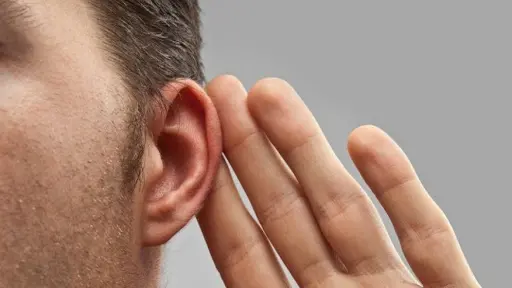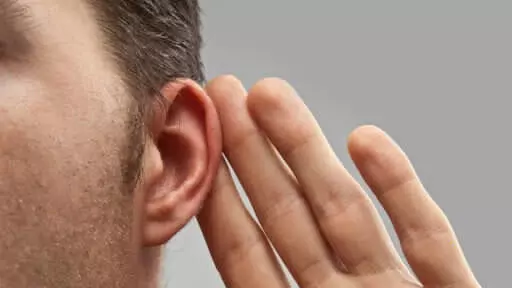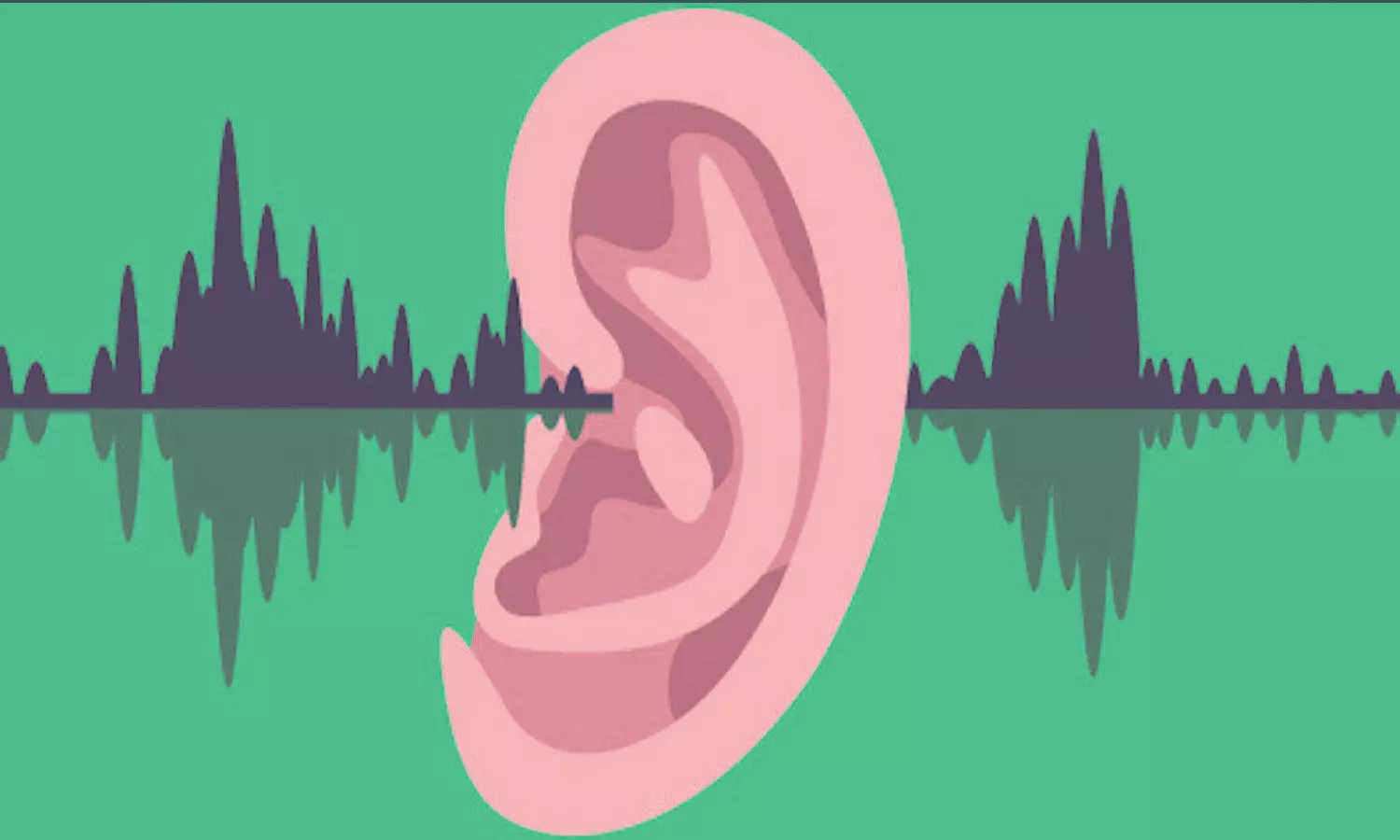- Home
- Medical news & Guidelines
- Anesthesiology
- Cardiology and CTVS
- Critical Care
- Dentistry
- Dermatology
- Diabetes and Endocrinology
- ENT
- Gastroenterology
- Medicine
- Nephrology
- Neurology
- Obstretics-Gynaecology
- Oncology
- Ophthalmology
- Orthopaedics
- Pediatrics-Neonatology
- Psychiatry
- Pulmonology
- Radiology
- Surgery
- Urology
- Laboratory Medicine
- Diet
- Nursing
- Paramedical
- Physiotherapy
- Health news
- Fact Check
- Bone Health Fact Check
- Brain Health Fact Check
- Cancer Related Fact Check
- Child Care Fact Check
- Dental and oral health fact check
- Diabetes and metabolic health fact check
- Diet and Nutrition Fact Check
- Eye and ENT Care Fact Check
- Fitness fact check
- Gut health fact check
- Heart health fact check
- Kidney health fact check
- Medical education fact check
- Men's health fact check
- Respiratory fact check
- Skin and hair care fact check
- Vaccine and Immunization fact check
- Women's health fact check
- AYUSH
- State News
- Andaman and Nicobar Islands
- Andhra Pradesh
- Arunachal Pradesh
- Assam
- Bihar
- Chandigarh
- Chattisgarh
- Dadra and Nagar Haveli
- Daman and Diu
- Delhi
- Goa
- Gujarat
- Haryana
- Himachal Pradesh
- Jammu & Kashmir
- Jharkhand
- Karnataka
- Kerala
- Ladakh
- Lakshadweep
- Madhya Pradesh
- Maharashtra
- Manipur
- Meghalaya
- Mizoram
- Nagaland
- Odisha
- Puducherry
- Punjab
- Rajasthan
- Sikkim
- Tamil Nadu
- Telangana
- Tripura
- Uttar Pradesh
- Uttrakhand
- West Bengal
- Medical Education
- Industry
Astaxanthine protective against cisplatin-induced hearing loss in vivo: Study

China: A recent study in the journal Acta Pharmaceutica Sinica B has found that astaxanthine (AST) could be a candidate therapeutic agent for cisplatin-induced hearing loss (CIHL).
The study for the first time showed that AST reduced reactive oxygen species (ROS) overexpression, apoptosis via NRF2-mediated pathway, and mitochondrial dysfunction in cisplatin-exposed HEI-OC1 cell lines and mouse cochlear explants that promotes cell survival.
Astaxanthine has important biological activities including antioxidant and anti-inflammatory effects that could alleviate neurological and heart diseases, but its role in the prevention of cisplatin-induced hearing loss is not yet well understood.
In this study, a steady interaction between AST and the E3 ligase adapter Kelch-like ECH-associated protein 1, a predominant repressor of nuclear factor erythroid 2-related factor 2 (NRF2), was performed and tested via computer molecular docking and dynamics. AST protected against cisplatin-induced ototoxicity via NRF2 mediated pathway using quantitative PCR and Western blotting. The levels of reactive oxygen species (ROS) and mitochondrial membrane potential revealed that AST reduced ROS overexpression and mitochondrial dysfunction. Moreover, AST exerted anti-apoptosis effects in mouse cochlear explants using immunofluorescence staining and HEI-OC1 cell lines using quantitative PCR and Western blotting. Finally, AST combined with poloxamer was injected into the middle ear through the tympanum, and the protection against CIHL was evaluated using the acoustic brain stem test and immunofluorescent staining in adult mice.
The results suggest that AST reduced ROS overexpression, mitochondrial dysfunction, and apoptosis via NRF2-mediated pathway in cisplatin-exposed HEI-OC1 cell lines and mouse cochlear explants, finally promoting cell survival. This study demonstrates that AST is a candidate therapeutic agent for CIHL.
Reference:
The study titled, "Astaxanthine attenuates cisplatin ototoxicity in vitro and protects against cisplatin-induced hearing loss in vivo," is published in the journal Acta Pharmaceutica Sinica B.
DOI: https://www.sciencedirect.com/science/article/pii/S2211383521002513
Hina Zahid Joined Medical Dialogue in 2017 with a passion to work as a Reporter. She coordinates with various national and international journals and association and covers all the stories related to Medical guidelines, Medical Journals, rare medical surgeries as well as all the updates in the medical field. Email: editorial@medicaldialogues.in. Contact no. 011-43720751
Dr Kamal Kant Kohli-MBBS, DTCD- a chest specialist with more than 30 years of practice and a flair for writing clinical articles, Dr Kamal Kant Kohli joined Medical Dialogues as a Chief Editor of Medical News. Besides writing articles, as an editor, he proofreads and verifies all the medical content published on Medical Dialogues including those coming from journals, studies,medical conferences,guidelines etc. Email: drkohli@medicaldialogues.in. Contact no. 011-43720751




